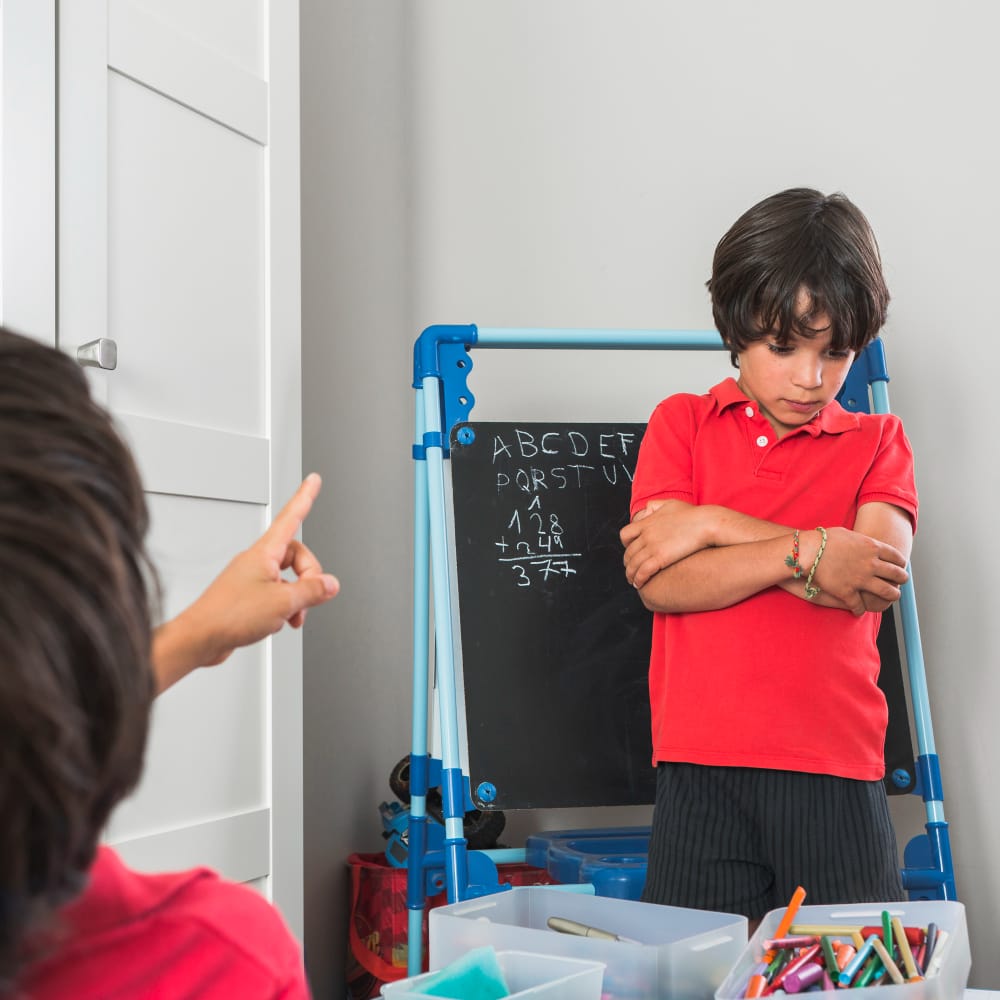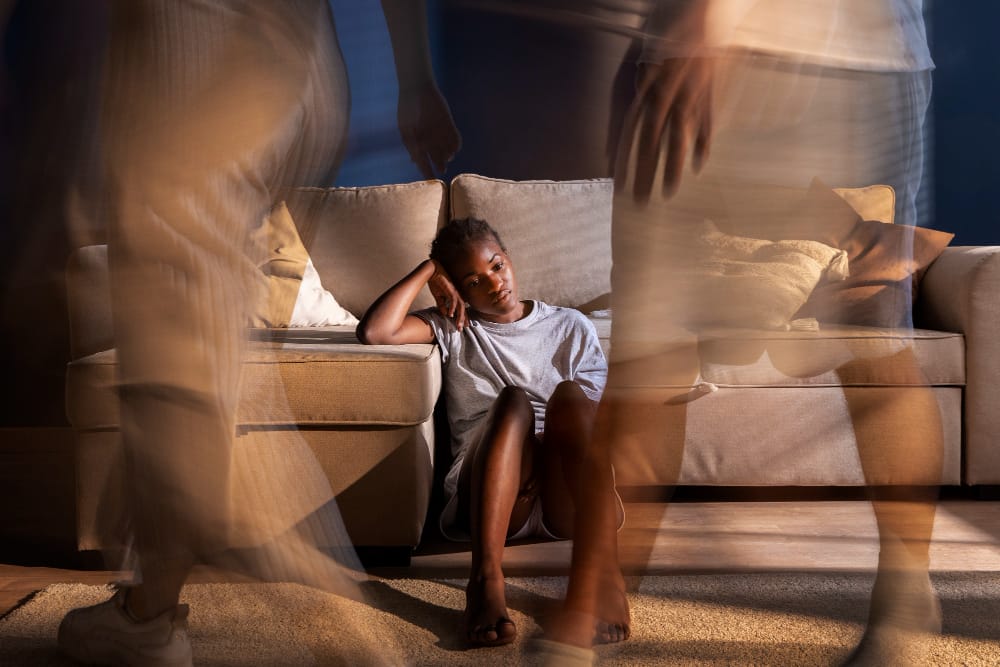 How should you deal with separation anxiety?
How should you deal with separation anxiety?
Although it can make life rather difficult for parents, separation anxiety is a normal stage of your child’s development. It is an indication that your child has formed a secure attachment to you and feels happy and safe when they’re with you. Being separated from you for short periods will further enhance that sense of attachment as your child begins to understand that you always leave him in safe hands and that you always return to collect him again. In turn, the confidence that comes from this knowledge will give your child the courage to explore his environment freely and to face the big wide world head-on, knowing that he always has a secure base to come back to.
Separation anxiety generally peaks at about 9 months of age, but may crop up again at several other periods during the toddler and pre-school phases. It can be shocking and heart-breaking for parents to see their children so distraught by the thought of being away from them. Here are some ways in which to help your child with separation anxiety:
Prepare your child:
Tell your child what to expect by explaining where you are going, who will look after them and when you expect to be back. Say things like “Mommy will drop you off with Granny before my meeting and then I’ll come pick you up again at lunch time”.
Make it quick
Be careful not to prolong the separation process with long good-byes or to show your child that you are upset as your little one is sure to pick up on your anxiety and might incorrectly interpret your resistance to leave her as a sign that she is being left in an unsafe environment. Give your child a quick hug and a kiss and assure them that they’ll be well looked after before you get on your way again. Don’t ever leave without saying good-bye to your child first though.
Provide a comfort object
Small children may find great comfort in keeping a special object, such as a soft toy or clothing item that smells like you with them while they wait for your return. You could also give your child a laminated photograph of the family and encourage him to look at the photo whenever he is missing you.



